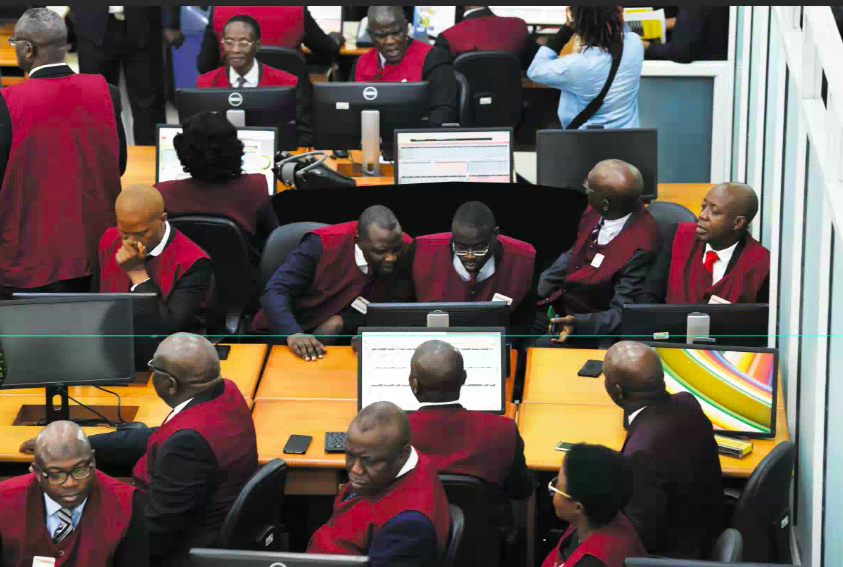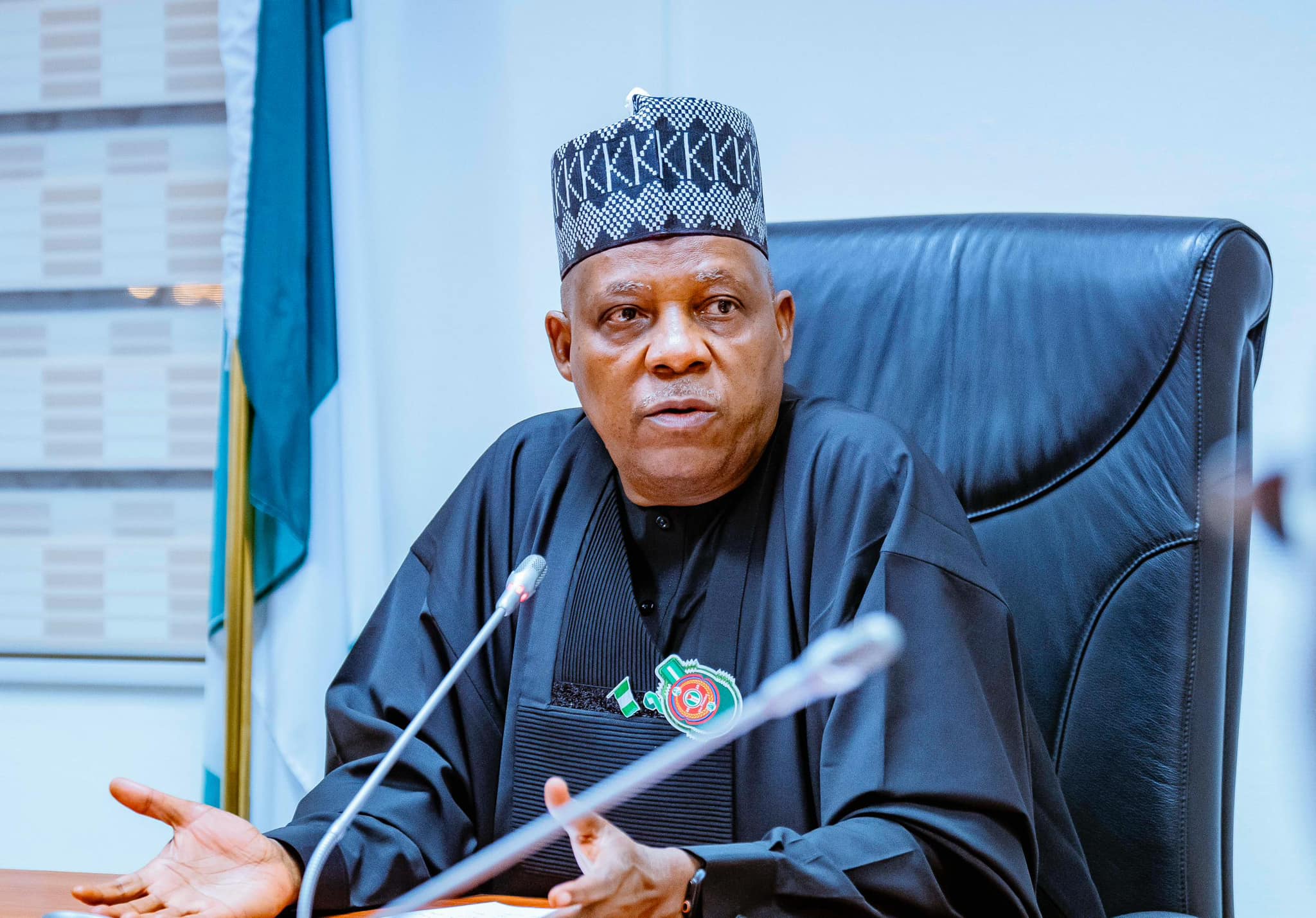Alex Enumah in Abuja
The Attorney-General of the Federation (AGF) and Minister of Justice, Prince Lateef Fagbemi, SAN, has called for the passage of effective laws as well as the empowerment of relevant institutions to combat the rising menace of cybercrime in the country.
The AGF, who stressed yesterday that “Laws must keep pace with innovation,” urged the National Assembly to ensure that the forthcoming twin bills on cybercrime are backed by strong institutions, independent oversight, and prosecutorial capacity that matches the sophistication of the threat.
The minister, who observed that cybercrime was now a trillion-dollar threat to the global economy, disclosed that INTERPOL’s 2023 Africa Cybercrime Assessment had ranked Nigeria among the top ten countries targeted by business email compromise, online fraud, and sextortion.
Fagbami, spoke at the Annual Cybercrimes Awareness Campaign and the 2nd National Consultations on the Cybercrimes Legal Framework in Nigeria, held in Abuja.
According to the minister, Nigeria records an average of 4,388 cyberattacks weekly, a 47 percent increase from previous years, ranking the country fifth globally in cybercrime impact, with an estimated annual cost of $500 million.
“The digital domain has become the new battlefield of economic survival, public trust, and national security”, he said, “Nigeria must not stand as a passive observer in this war without borders. We must be strategic, coordinated, and relentless.”
As part of the strategy at curtailing cybercrime, Fagbemi, revealed that the federal government was currently reviewing the Cybercrimes (Prohibition, Prevention, etc.) Act 2015, with plans to introduce Twin Bills—one focusing on criminal justice provisions, and the other on cyber security governance and critical infrastructure protection.
These bills, he said, would align Nigeria’s laws with international standards such as the Budapest Convention and the United Nations Convention on Cybercrime (2024).
He also highlighted the establishment of the Joint Case Team on Cybercrimes (JCTC), a multi-agency platform comprising the Ministry of Justice, law enforcement, digital forensics experts, and the judiciary.
He said, “Every citizen is a potential target and therefore a potential defender. Cyber hygiene education must be embedded in our schools and communities. Our youth, though vulnerable, are our strongest allies.”
Earlier in her address, the Solicitor-General of the Federation (SGF) and Permanent Secretary, Federal Ministry of Justice, Mrs. Beatrice Jeddy-Agba underscored the importance of coordination and data-driven strategies in combating cybercrime.
She noted that, “Cybercrime has become one of the most pressing challenges of our time. As Nigeria becomes more digitally connected, cybercriminals have become more sophisticated. Our task is to ensure that cyberspace remains a place of opportunity, trust, and growth—not one of fear or exploitation.”
In his speech, the Chief Judge of the Federal High Court, Justice John Tsoho, emphasised the urgent need for a coordinated and informed national response to the growing menace of cybercrime, calling for stronger collaboration among government institutions, the private sector, and digital citizens.
He said, “Cybercrime has emerged as a strong vehicle for the transmission of threats to our national security, development, and governance,” stressing that only a coherent and well-informed legal and institutional framework could effectively address the challenges.
The Chief Judge highlighted the importance of awareness, coordination, and sustained policy commitment, alongside the deployment of appropriate technological infrastructure, as vital tools for enhancing Nigeria’s cyber resilience.
“There is a need for a sound legal framework that clearly defines cybercrimes, promotes interagency collaborations, strengthens law enforcement capabilities, and aligns with global best practices,” Justice Tsoho added.
The event, themed, “Towards a Coordinated and Informed National Response to Cybercrime,” brought together key actors from the National Assembly, law enforcement agencies, the judiciary, private sector, academia, civil society, and international development partners.


